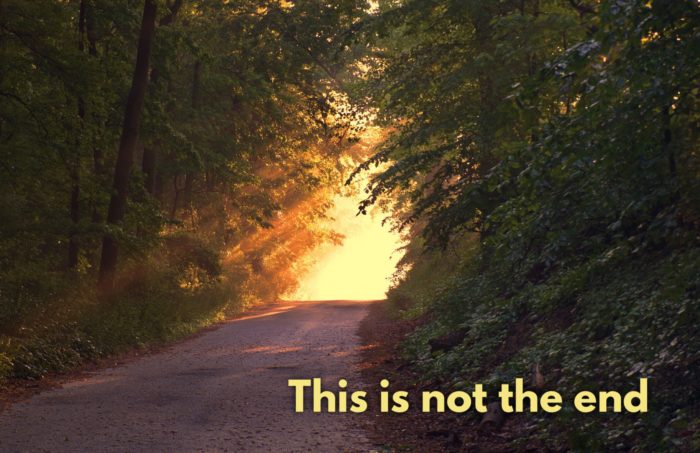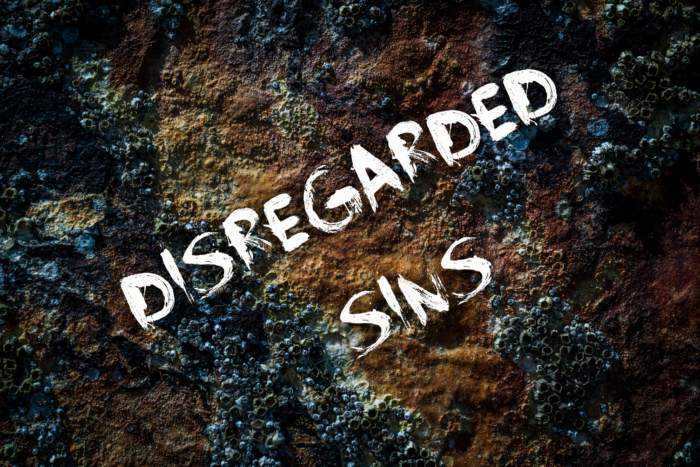Saving the Starfish
This morning’s post is really specifically for my fellow discerners. For those that have a passion for discernment, who see what’s going on, and feel frustrated that so few seem to care.
What brought it to mind recently was a story someone shared with me. They had been falsely accused by a local newspaper. They decided to meet with the editor, complete with stacks of files in hand of proof that refuted what had been said. As the conversation progressed, this statement was made: Well, our reporters don’t get paid enough to do research.
Come again??
They don’t get paid enough to do research? But isn’t research over half the actual job of a reporter??
This is a ridiculous statement and yet it was made. At least according to my story-teller. Whom I don’t know very well.
But this story made me think of something I’ve run into again and again. I’m sure many of you have, as well.
I’ve noticed an interesting trend among many believers: They will often make assumptions without doing any analysis.
They, too, don’t have time to study the scriptures and compare it to what a certain book or author has to say and yet they will tell someone who has done that research that they are wrong.
I’ve run into this more times than I can tell. When you share that a certain author or teaching isn’t biblical, they will disagree with you and then say something similar to the reporter, perhaps like–
“Well, that’s all fine, but I don’t have time to do research like you.”
or
“I don’t have the gift of discernment.”
Somehow the implication is that we do not need to discern if we are lacking the time or the “gift of discernment”.
Of course we know that scripture would clearly show that this is not the case. No one, no matter where they are at in their Christian journey, has the right to be lazy when it comes to anything we allow to impact us spiritually. We have no right to make assumptions and develop opinions about authors, biblical passages, pastors, and blogs without proper analysis. And, yet, so often we encounter those that declare that there isn’t anything wrong before actually doing the proper research to see if the sharer is wrong or right, according to scripture.
Just as a reminder for us all, I Thessalonians 5:21 reminds us to:
Test all things; hold fast what is good.
We are to test all things. All. Things. Nothing should get into our heads or the heads of our children before it is put to the biblical test.
You can also check out Ephesians 5:8-11 and Romans 12:9. Honestly, Paul makes the case in many places for the need to be on our guards. To not accept things at face value. And to stand firm on the Word.
Let me add here that should someone take the time to study the scriptures and prove me wrong, I would gladly–yes gladly!–change my mind. I know many of you feel the same way. You, along with me, are committed to scriptures and not to your own opinions.
We get no joy out of pointing out false teachers or spending time focused on compromised celebrity Christians. No joy at all. In fact, it deeply saddens us. Those of us who truly have a heart for discernment and see the big picture of what’s going on are not relishing this at all. We are heartbroken at the direction it’s all going and totally baffled that so few people see it.
The question so many of us wonder is why do we so often encounter Christians who are utterly unwilling to look at any proof we may offer regarding a popular book or author or preacher that shows clearly that they are not teaching truth?
And what do we do with this?
What can we do?
We can’t change their minds. Just as we can’t make a reporter do research before printing something as truth in a local newspaper, so we can’t make a Christian study the scriptures and fill them with conviction about their favorite author.
It’s probably one of the hardest things we encounter, quite frankly, this stubborn refusal to see the danger with nary a glimpse at the biblical proof.
I’ve learned there isn’t really anything we can do. We can speak up once or twice. And we can pray.
Until a person is willing to open their eyes to the truth of the state of Christianity in this current culture, there is nothing else we really can do. And to try to do more will often destroy relationships.
But every now and again, God will put someone in our paths who wants to know. Someone who is willing to lift their head out of the sand and face the truth of what’s going on in popular Christian culture. These are the ones we have the joy of serving.
And it is a joy, isn’t it?
If someone would have told me even ten years ago that I would be here–ridiculed and hated for presenting clear proof of the departure of favorite teachers and authors from the scriptures I am not sure I would have believed them. It has changed so fast it makes my head spin. So few people unwilling to see the truth. So few people who care about discernment at all. And then there are those self-proclaimed discerners who care more about attacking and maligning people than they care about God’s Word–destroying and ruining the reputation of anyone who would even lean that way.
It’s a frustrating place to be. And many have backed away because it is just too painful. I get it. I have, too, to a certain extent. And yet, Satan would like nothing more than for us all to back away and let it all happen right under our noses.
Someone once said–
The only thing necessary for the triumph of evil is that good men do nothing.
Let us not be good men and women who do nothing. Let us gather strength from each other and encourage one another on in this road that God has put us on. And may we remain passionate about staying true to God’s Word. May we never be about our own glory or about ripping people apart. May being unkind never be a part of our ministries. May love be the heart of our ministries.
Stay strong, my friends. The train has left the station, so to speak, and Christianity will never be the same again.
I’ll close with a familiar story–
A boy and his Grandpa were once walking on the beach where thousands of starfish lay marooned. The tide had gone out and left them helpless. They would dry up and die without intervention. The Grandpa started throwing the starfish back in the ocean one by one.
The boy, scanning the ocean shore, said, “you aren’t really even making a difference.”
Grandpa replied: I am making a difference for that one.
One by one, we, too, can make a difference.










